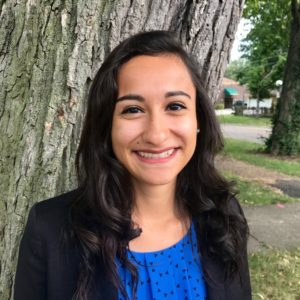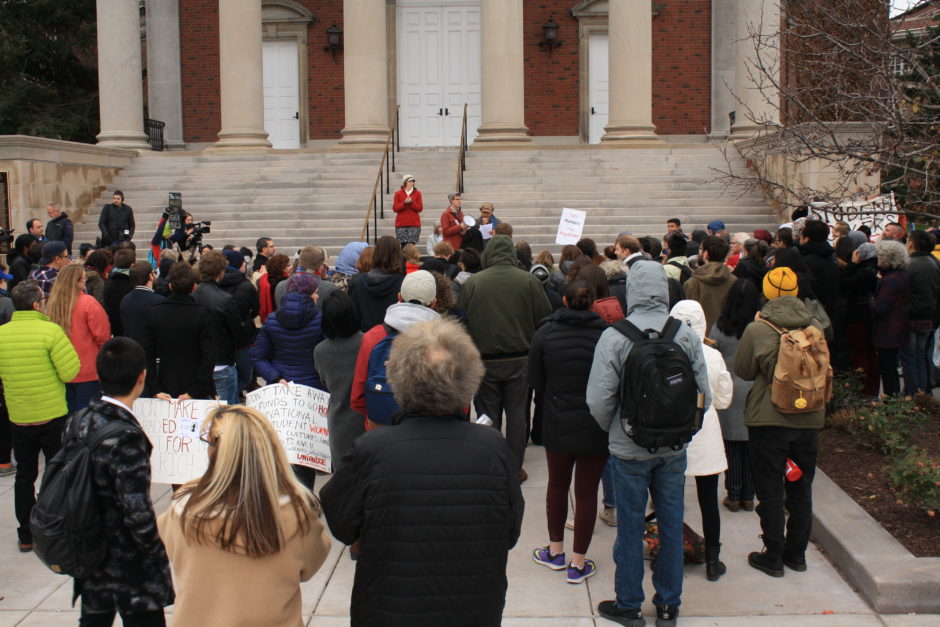Presented at CCCC 2018
[The Above is an audio version of the ‘Book We Need’ talk presented at the Conference on College Composition and Communication, which is followed by a transcript of the same talk given by María Carvajal, PhD student at the University of Illinois—Urbana Champaign and member of the Latinx Caucus.]
 Hi! My name is María Carvajal. I’m a PhD student at the University of Illinois at Urbana Champaign and a member of the Latinx Caucus. When Steve Parks approached me last year to see if I wanted to share what book I thought the field needed my first thought was, oh wow, this sounds like such a great panel. But also, how am I supposed to speak for the field? This semester, I’m reading in preparation for my special fields exam, so the book I really need is a book that summarizes, analyses, and critiques all of the texts in my reading list. But since nobody but me would likely want to read such a book, I have been thinking really hard about what book I think we need for months. This turned out to be a lot harder than I thought it would be. New events kept happening almost daily that I think needed and still need the field’s attention.
Hi! My name is María Carvajal. I’m a PhD student at the University of Illinois at Urbana Champaign and a member of the Latinx Caucus. When Steve Parks approached me last year to see if I wanted to share what book I thought the field needed my first thought was, oh wow, this sounds like such a great panel. But also, how am I supposed to speak for the field? This semester, I’m reading in preparation for my special fields exam, so the book I really need is a book that summarizes, analyses, and critiques all of the texts in my reading list. But since nobody but me would likely want to read such a book, I have been thinking really hard about what book I think we need for months. This turned out to be a lot harder than I thought it would be. New events kept happening almost daily that I think needed and still need the field’s attention.
My first personal shock came when Trump announced the immigration ban. I felt affected personally, even though my family is not from any of the countries that were mentioned, most of them do live abroad, and I worried if the ban wouldn’t take us down a slippery slope. Joe Shapiro was then pardoned and before I had time to digest this information, Charlottesville happened. By the end of August and early September, we saw the White House take an even more public stance on denying global warming, even as natural disasters were occurring on what seemed to me a daily basis. We had Hurricane Harvey in Texas, wildfires in California and Portland, and Hurricane Irma in Puerto Rico and Florida. Especially during the natural disasters, I kept thinking that those who were already most marginalized would suffer the most—folks without flood insurance; single parents; black and brown people; Puerto Ricans, because Hurricane Irma really showed us how the White House and lots of people on mainland US view Puerto Ricans: as not really Americans. I wasn’t only worried about friends and family, I was worried about the future of science and the future of the planet. Continue reading “The Book We Need by María Carvajal”

